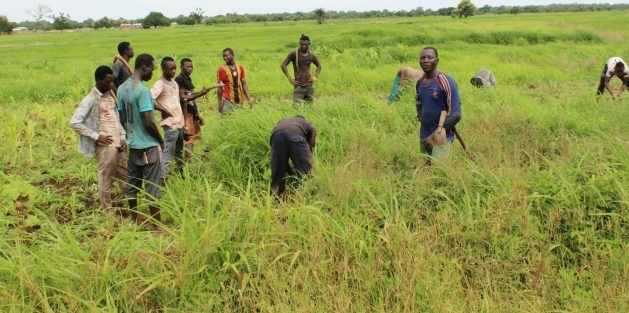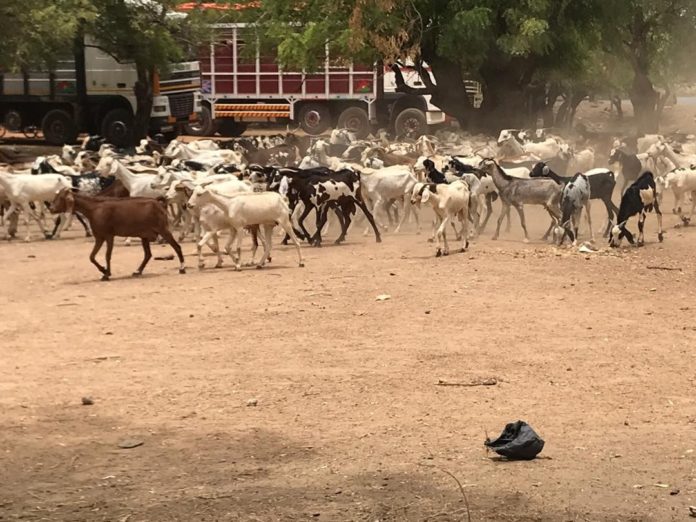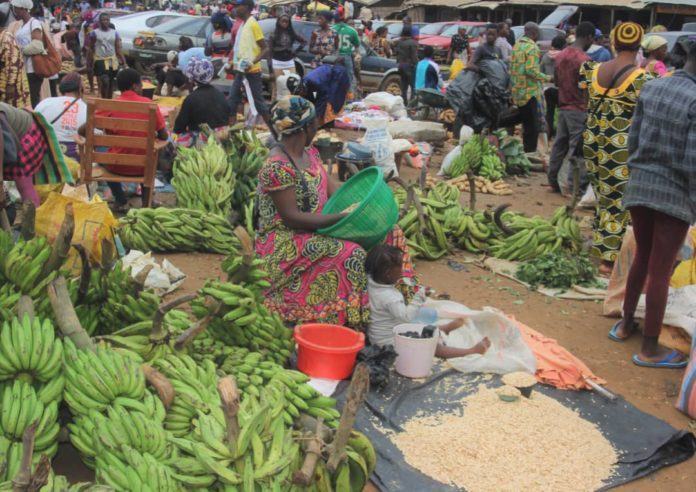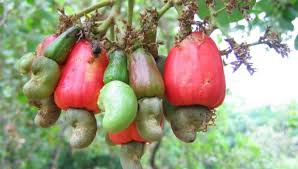Smallholder farmers across the country have welcomed the move by the UN’s International Fund for Agricultural Development (IFAD) to committed US$40 million to support farmers and rural communities to continue growing and selling food during these trying moments.
COVID – 19 Pandemic: Impact on Livestock Sector in Ghana.
The Novel Corona Virus (COVID 19) outbreak started in Wuhan Hubei, livestock market in China with the first case recorded 1st December 2019. It got trumpeted and assumed global attention when it spread to other parts of the world leading to it been classified as a pandemic by the World Health Organization (WHO).
COVID – 19: The effects on Coffee Farmers at Kpoeta in the Ho West District of Ghana.
The Covid – 19 pandemic has brought most countries to their knees, disrupting many economies leaving no one in its disruptive grip. Ghana as part of the world was hit with its share of Novel Corona Virus earlier this year, resulting in government diversifying most, if not all funds to manage the spread and reduce the occurrence of “imported’ cases from both foreign and neighboring countries.
Gambia moves to reverse the trend of hiking food prices across Africa amid Covid – 19.
The prices for basic foodstuffs are rising in Africa, as market women stock on essentials and sellers seek profits amid the restrictions brought on globally by the Coronavirus pandemic (COVID19).
COVID –19: Effect on Ghana’s Cashew Sector.
The industry players in the Cashew Value Chain have expressed concern that the industry is under severe pressure as a result of restrictions on the globe by the Covid-19.
Interplast supports government with Ghc1.2m to fight Covid 19.
As part of interplast Ghana’s corporate social responsibility of giving back to society and country, the Management of the company saw the need to support the government at this time of an imminent epidemic and extreme need to help fight the COVID-19 pandemic in the country.
How prepared is the Ghana rice sector amid Covid-19.
Scientists and Health Professionals have indicated on countless occasions the difficulties faced in discovering the appropriate medication for the infamously deadly disease, Coronavirus. However, people take solace in the fact that a strong immune system can help in the recovery and fight against the virus should one become exposed to it. This clearly indicates that what we eat is imperative at this time to build up a solid body system that will be unsusceptible to the disease.
Covid-19: Ghana needs emergency food security preparedness plan – Alliance for Science Ghana urges Gov’t.
The civil society group, Alliance for Science Ghana is pleading the government as a matter agency to put in place measures to ensure food security and sustainability throughout the period of this deadly pandemic outbreak.
Coronavirus lockdown leaves Italian farmers struggling to plant for spring.
Coronavirus could not have hit Italy at a worse time as farmworkers need to prepare fields for crops in the crucial economic sector, the country’s farmers and producers said on Thursday.














